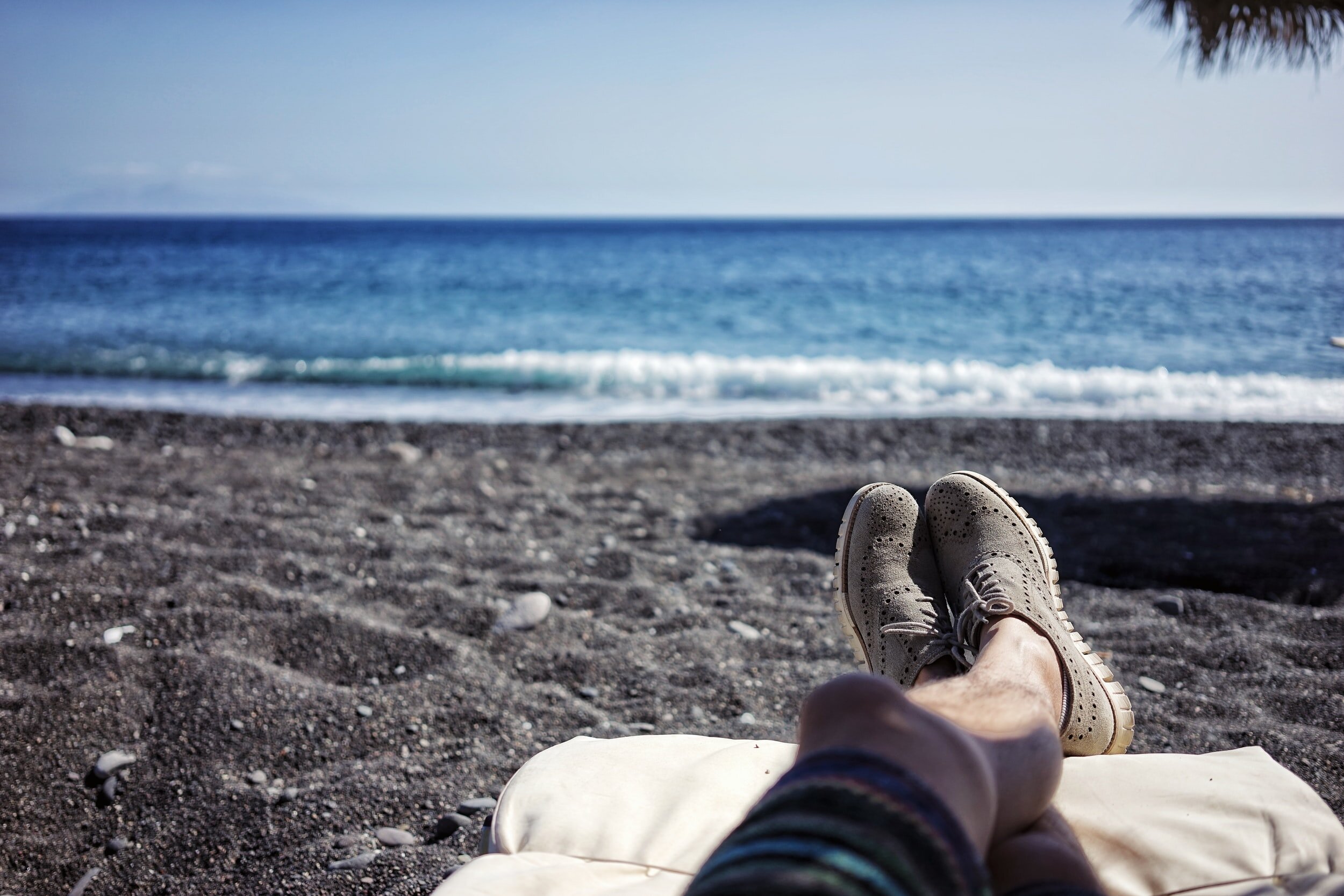How to Stop Feeling Guilty about Rest + 10 Activities to Fill your Time with!
Learning how to stop feeling guilty about rest can really help you increase your productivity (even if it sounds counterintuitive) and feel better about yourself.
Check out what thousands of people say about the guilt they feel when resting:
The badge of honour of being busy does more harm than good and it is a real problem when people who work all day, as entrepreneurs, still feel guilty when they take a break. The hustle, grinding and work harder mentality prevent people from actually enjoying the time they get to rest.
I am going to cover the exact strategies to help you avoid feeling guilty when resting and give you 10 enjoyable activities to fill your time with (hint: it's not social media).
How to Stop Feeling Guilty For Resting
Step 1: Lazy is not the same as inactive!
Step 2: Create and accomplish a "Not-to-do List"
Step 3: Understand that breaks will help you be more productive and perform better
Step 4: Give yourself monthly holidays... and stick to them!
Step 5: Fill your free time with enjoyable activities
10 Activities to enjoy your free time
Get The 5-Step Process I Use To Squeeze In 107 Minutes Of Free Time, Every Day.
How to Stop Feeling Guilty About Rest in 5 Steps!
Step 1: Lazy is not the same as inactive!
If there is one simple step that will help you stop feeling guilty when resting, is distinguishing the concept of "lazy" and "inactive".
You are not lazy when you take breaks. In fact, when you consciously decide to be inactive you preserve your physical, mental and emotional being.
"I'm trying to decouple the idea of 'laziness' from 'inactivity from work.' They are not the same. If you think idleness is the same as laziness, it will give you feelings of guilt whenever you stop being active...the human brain doesn't persist, it pulses."
— Laura Vanderkam
Step 2: Create and Accomplish a "Not-to-do List"
I am not a raving fan of to-do lists. I believe they easily fill up our days with unproductive activities and easily delegated tasks.
However, when it comes to avoiding feeling guilty about taking breaks, I believe a "Not-to-do List" can be really useful.
The idea is to create a list of activities that you're NOT going to do. This will give you guilt-free resting time... while checking items off a to-do list. Here's an example:
Don't check email
Don't answer phone calls
Don't do the laundry
Don't turn on the computer
Don't do any business-related activity
Don't say 'yes' to every request (read here How to say "No" to a client in 4 simple steps)
Step 3: Understand that breaks will help you be more productive and perform better
It is interesting how most people complain about lack of time, but never lack of energy. "If only I had more time."
But even if they had more time, they wouldn't be able to do it all. This is because time is not the only resource to manage.
When you take time to rest, you are taking time to fuel your body and mind. The authors Jim Loehr and Tony Schwarts, experts in performance research, highlight different energy management principles as the key ingredient to become a "high-performance worker".
After all, taking breaks is not the opposite of being productive. In fact, taking breaks increases your productivity and levels of focus. You're not just "resting"... you are "recovering".
Step 4: Give yourself monthly holidays... and stick to them!
Seneca, the Roman Stoic, which happened to be born centuries ago, was an advocate for setting specific days during the month to rest. He compared the mind to a farmland. If you exhaust the fertile land too much, it will soon stop growing crops.
I find it very interesting that this was already a concern at the time...
“We must indulge the mind and from time to time allow it the leisure which is its food and strength”
— Seneca
In order to block periods of rest without feeling guilty, here's what you can do:
Define specific days of the month on which you will not work
Add those days to your calendar
Let other people know in advance you won't be working
Recharge!
Step 5: Fill your free time with enjoyable activities
You've taken some time off. You have done all the diligence to avoid being interrupted with work. You've notified the people working with you. Now what?
It is easy to feel guilty about rest when you spend all your free time on social media... and you end up feeling worse than when you've started.
Take a look at this study:
You really don't want to spend your breaks with social media. So what can you do instead to recharge and eliminate the guilty feelings?
Here are 10 activities to enjoy yourself during rest periods:
Meditation
Journaling
Physical exercise
Reading
Date with a partner or friend
Playing board games
Walking outside
Gratitude practice
Dinner out
Watching a movie or tv series
You can (and should) rest and take breaks without feeling guilty. After all, inactive time is what allows you to work more productively when you go back to your daily activities. By following the 5 steps above, you get to rest without feeling guilty. You don't "win" by skipping recharge time.


